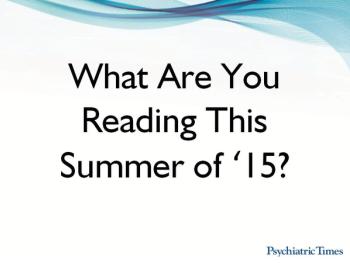
In the spirit of fun in the sun, we thought we would find out what some of your colleagues are reading this summer. Take inspiration, add to your reading list, and let us know what books you’re reading!

In the spirit of fun in the sun, we thought we would find out what some of your colleagues are reading this summer. Take inspiration, add to your reading list, and let us know what books you’re reading!
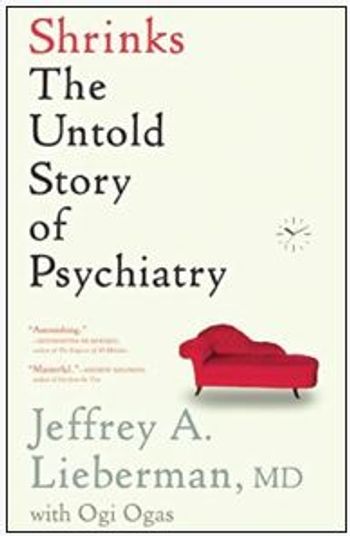
The author of this book tells the story of the evolution of psychiatry from a place of skepticism and distain to its more recent emergence as a modern neuroscience.

With the advent and expansion of social media, we are seeing an increase in the phenomenon of mass humiliation. In this Q&A, we learn what surprised the author of a book on public shaming.
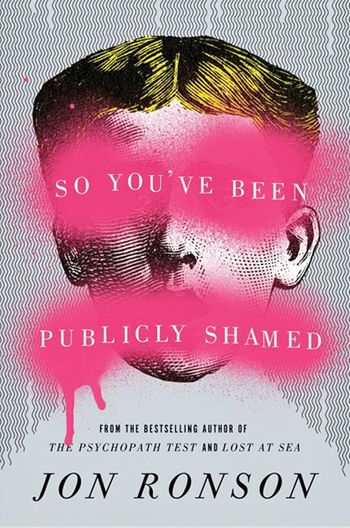
When our patients share their misdeeds with us, real or imagined, we can point them to examples of people who have experienced profound shame and managed to put their lives back together.
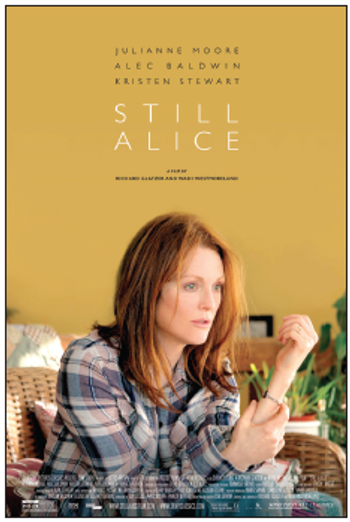
This film is a must-see for psychiatrists, not because it adds new information about the course of Alzheimer disease or its impact on families, but because it forces us to rethink issues that can affect our clinical practice.

Neither facile liberal censure nor rabid applause from the right speak to Eastwood’s purposes in this superbly crafted picture.

In most movies, psychiatrists are depicted in a negative light, which most certainly affects our public image. Was the psychiatrist in American Sniper portrayed positively or negatively?
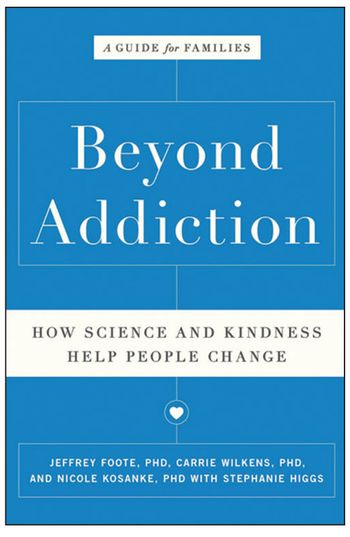
The authors of this book leave readers feeling empowered, knowing that they can be an important driver of change. It also reminds psychiatrists about some core components of the patient experience.
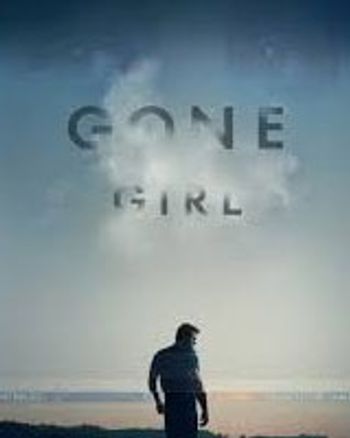
When I ask friends and colleagues about this book, most of them have really enjoyed it and would love to discuss it with me if I let them . . . but I don’t want to. Here's why.
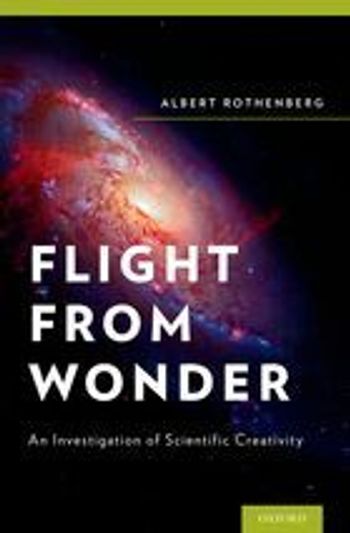
Readers of Albert Rothenberg’s new book will come away greatly enriched by the author’s own lifelong, creative synthesis.

Through archival footage and interviews, the documentary "Prozac: Revolution in a Capsule" does a remarkable job of capturing the time when transformation ignited the collective imagination.

This volume is written from an emerging edge of basic science and will reward a clinical readership.

The main character of Guardians of the Galaxy directly connects to psychiatry and comments on continuing controversies about patient care and health care delivery systems.

An expert Q&A with Laurence Steinberg, PhD. His newest book offers insights into the malleable adolescent brain and provides guidance to parents hoping to better understand adolescents.

Boyhood’s power-and poignance-centrally derives from one’s visceral experience of the authentic signatures of time on its actors’ features and forms . . . life cycle theory made flesh as it were.

The authors-both well-known specialists-attempt to integrate the two fundamental ingredients of psychotherapy and pharmacology in the treatment of bipolar disorders.

At a time when our field is under attack from many quarters, it is critically important to be able to discuss what it is that we do as psychiatrists in a non-defensive and intellectually rigorous manner. Help here.

Fifty Shrinks allows us to see ourselves through the sensitive eyes of a colleague and artist.

This book is the first scholarly work that attempts to fill the enormous gap in the conventional armamentarium used to treat PTSD.

In Angst: Origins of Anxiety and Depression, Dr Jeffrey Kahn offers an alternative perspective on the evolution of common mental health disorders by considering the adaptive nature of symptoms that modern clinicians deem pathological.

This easy-to-read manual represents the author's concise views on how to achieve “more accurate” diagnoses with DSM-5, as well as when to avoid DSM-5 altogether.

Clinicians will be drawn in by author Charles R. Cross's personal experience documenting, Here We Are Now: The Lasting Impact of Kurt Cobain. Cobain, lead singer of Nirvana, committed suicide 20 years ago this month.
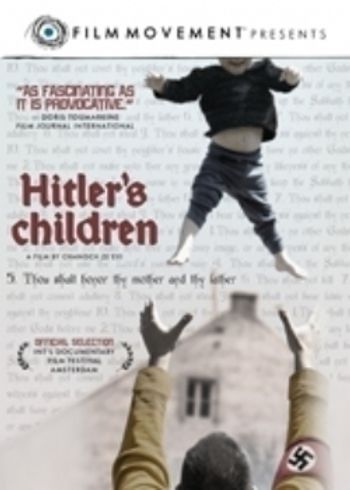
Those who have experienced extreme trauma and their descendents have taught us much about resilience, renewal, and redemption-outcomes that are all recalled in this period of the Jewish Passover, Christian Easter, and Holocaust Memorial Week.

There are many stories written about serial killers and murderers, books that narrate the life course of individuals who commit heinous acts. However, few have been written by murderers explaining their lives first-hand.

A book that may help doctors, as well as their patients, better understand how they tick, literally, in our 24/7 society, and find a balance between difficult temporal demands and somatic and mental health.